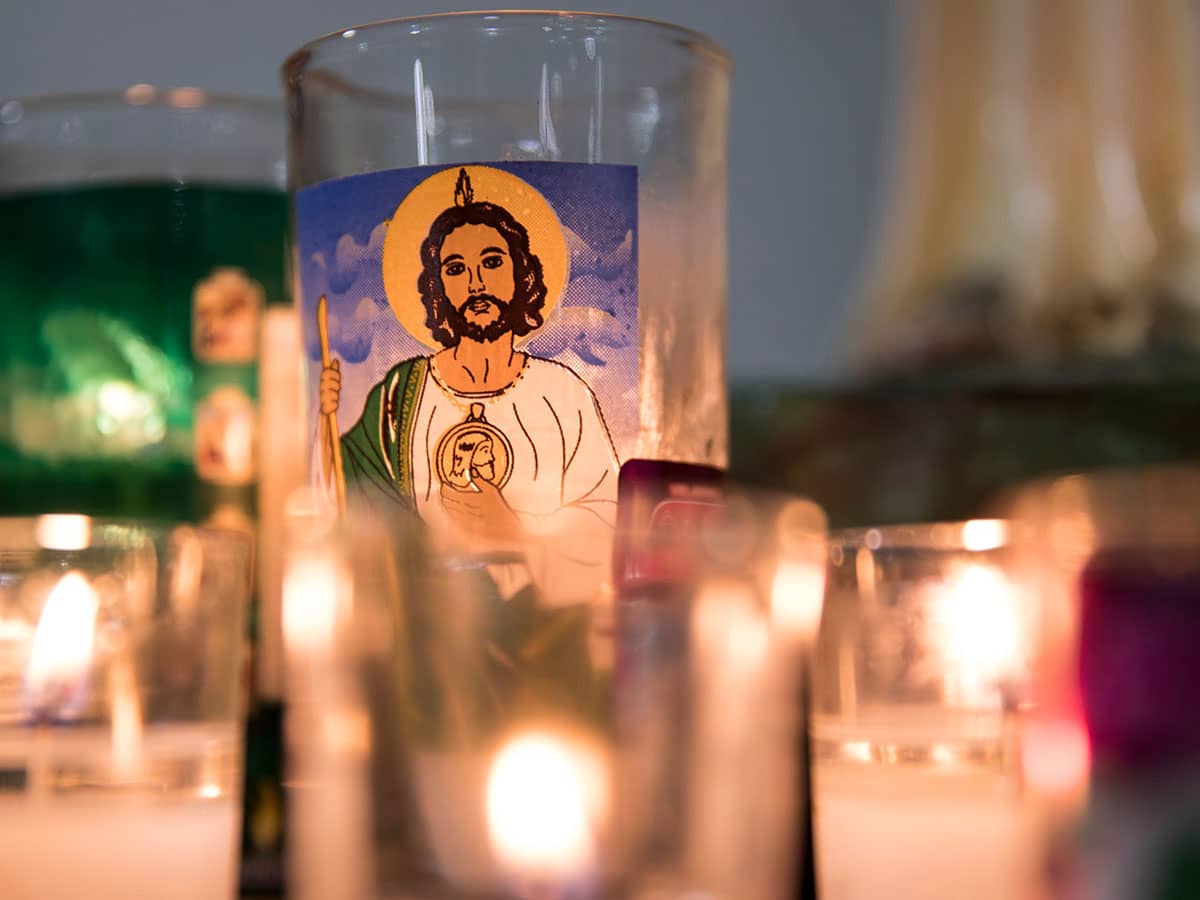Reprinted from the Catechism of the Catholic Church.
Respect for the souls of others
2284 Scandal is an attitude or behavior which leads another to do evil. The person who gives scandal becomes his neighbor's tempter. He damages virtue and integrity; he may even draw his brother into spiritual death. Scandal is a grave offense if by deed or omission another is deliberately led into a grave offense.
2285 Scandal takes on a particular gravity by reason of the authority of those who cause it or the weakness of those who are scandalized. It prompted our Lord to utter this curse: "Whoever causes one of these little ones who believe in me to sin, it would be better for him to have a great millstone fastened round his neck and to be drowned in the depth of the sea."[85] Scandal is grave when given by those who by nature or office are obliged to teach and educate others. Jesus reproaches the scribes and Pharisees on this account: he likens them to wolves in sheep's clothing.[86]
2286 Scandal can be provoked by laws or institutions, by fashion or opinion. Therefore, they are guilty of scandal who establish laws or social structures leading to the decline of morals and the corruption of religious practice, or to "social conditions that, intentionally or not, make Christian conduct and obedience to the Commandments difficult and practically impossible."[87] This is also true of business leaders who make rules encouraging fraud, teachers who provoke their children to anger,[88] or manipulators of public opinion who turn it away from moral values.
2287 Anyone who uses the power at his disposal in such a way that it leads others to do wrong becomes guilty of scandal and responsible for the evil that he has directly or indirectly encouraged. "Temptations to sin are sure to come; but woe to him by whom they come!"[89]
The material below is excerpted from St. Thomas Aquinas' Summa Theologica. Read the full text of Aquinas' analysis of scandal.
As Jerome observes. the Greek skandalon may be rendered offense, downfall, or a stumbling against something. For when a body, while moving along a path, meets with an obstacle, it may happen to stumble against it, and be disposed to fall down: such an obstacle is a skandalon.
In like manner, while going along the spiritual way, a man may be disposed to a spiritual downfall by another's word or deed, in so far, to wit, as one man by his injunction, inducement or example, moves another to sin; and this is scandal properly so called.
Now nothing by its very nature disposes a man to spiritual downfall, except that which has some lack of rectitude, since what is perfectly right, secures man against a fall, instead of conducing to his downfall. Scandal is, therefore, fittingly defined as "something less rightly done or said, that occasions another's spiritual downfall."
The material below is excerpted from the Church's Code of Canon Law (1983).
Chapter III : PENAL REMEDIES AND PENANCES
Can. 1339 §1 When someone is in a proximate occasion of committing an offence or when, after an investigation, there is a serious suspicion that an offence has been committed, the Ordinary either personally or through another can give that person warning.
§2 In the case of behaviour which gives rise to scandal or serious disturbance of public order, the Ordinary can also correct the person, in a way appropriate to the particular conditions of the person and of what has been done.
Can. 1395 §1 Apart from the case mentioned in can. 1394, a cleric living in concubinage, and a cleric who continues in some other external sin against the sixth commandment of the Decalogue which causes scandal, is to be punished with suspension. To this, other penalties can progressively be added if after a warning he persists in the offence, until eventually he can be dismissed from the clerical state.
§2 A cleric who has offended in other ways against the sixth commandment of the Decalogue, if the crime was committed by force, or by threats, or in public, or with a minor under the age of sixteen years, is to be punished with just penalties, not excluding dismissal from the clerical state if the case so warrants.
2016-06-30
2016-06-30
Beliefnet Editor
more from beliefnet and our partners

